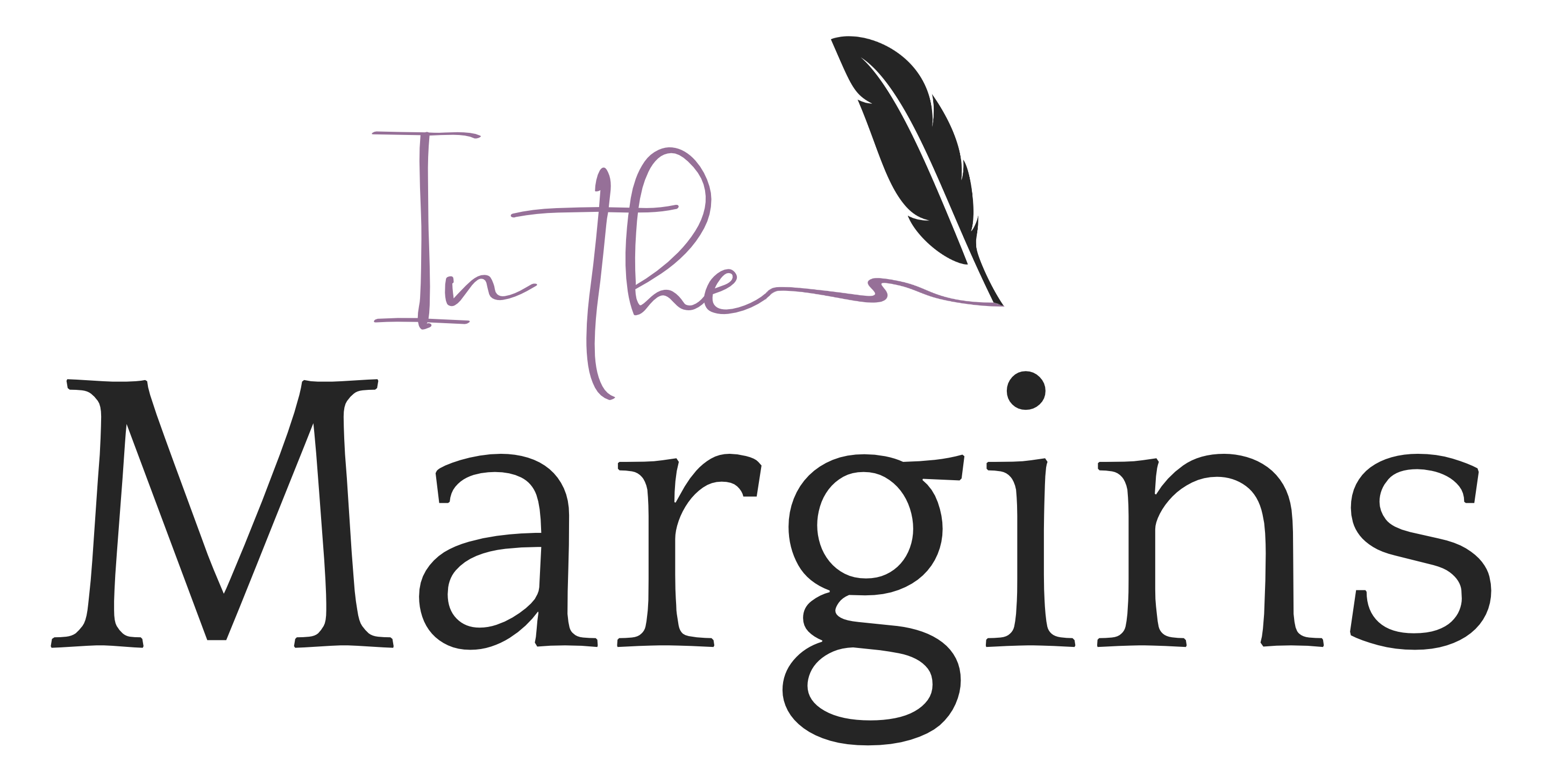When looking for comps, stop seeking exact matches and look instead for books that relate to your themes, plot, style and voice, characters, and the general structure of the journey or tale you’re telling.
Let’s back up: What’s a comp?
Comparison (“comp”) titles help agents and editors understand the key audience for your book and how it may sell. Comps should be only a few years old and have seen some sales success within your genre and target age group.
Finding comps can feel daunting to any writer. So, where should you start?
Start with your own bookshelves.
It may seem too simple or corny an answer, but it’s true. What books and writers influenced YOU to write in your genre, about your themes, or in your voice?
As you think about the books that influenced you remember again that you are not seeking an exact match.
What emotions did those books pull from you that you think your book may also touch on? What topics?
Look for clues as to who your audience may be.
Next, research those authors.
Which books are they reading and recommending? Which current authors provided quotes for their book jackets or Amazon blurbs? What titles do Amazon, B&N, etc. show as “frequently bought with” their books?
Dive into a database.
NoveList Plus is a database through the Ebsco system, so you may be able to gain access through your local library. (And who doesn’t want to keep supporting their library?) While it’s used by librarians to help readers find books that align with their preferences, it can also be a handy little tool for writers trying to find comps.
You can try two things:
- Find a book you already think is a comp title in NoveList and it will provide you with book read-alikes, series read-alikes, and author read-alikes.
- If you’re not sure at all, you can use the keyword search to find suggestions to check out (ex: “young adult fantasy adventure”) and filter within a certain publication timeframe.
If you feel overwhelmed, seek help!
Ask beta readers and critique partners which books yours reminds them of. Ask some of your local book professionals: your city’s librarian, the owner/acquisitions person of local bookstores, etc.
Finally, know your genre.
This doesn’t just mean knowing what bookshelf you’d like to see your book on. It also means visiting the store regularly to find new titles and authors and reading those that may appeal to the same audience as your own work.
And pay attention to which of those titles are still on the shelves after a few months. After a set amount of time, stores return books that aren’t selling to publishers.
Knowing what sticks will help you know what readers are gravitating toward in your genre.
Do you have additional tips and tricks for finding the right comps when querying?
Share your advice with fellow writers in the comments!

